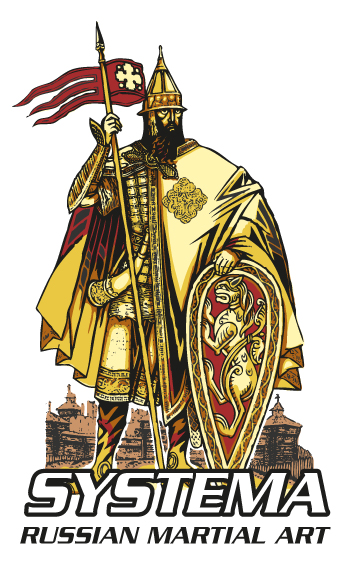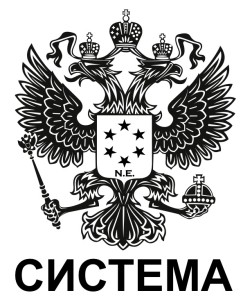Karate is a fantastic opportunity for a kid to both enjoy themselves plentifully, as well as learn important life lessons. Karate teaches the values of patience, self-discipline and hard work, which are the staples of what makes a successful, well-rounded person’s character. Yohji Yamamoto, of the New York Times, described Karate as, “It’s a discipline, an art and, at the very least, an entertainment.”
Who Can Benefit from Karate?
Karate has such a wide-range of expansive benefits that the truthful answer to the question is to say that karate can benefit everyone. It benefits a person’s physical health in a number of ways. The practice teaches the user self-discipline as well as benefiting a person’s mental health.
The truth is that anyone both, children and adults alike, can benefit from Karate. Both mentally and physically, anyone can gain better health if they fully commit to it. You can even turn this into a habit for the whole family!
How Does a Person Benefit from Karate?
The basic, overall health benefits are vast. According to the University of Houston, they result in the “balancing blood pressure and circulation, lowering the cholesterol level, and reducing the number of visits to the doctor and all medical expenses.”. It’s a great cardio workout that also does a great job of working out a person’s core and interconnected muscle groups.
The positive benefits of Karate are not only the benefits which affect the overall physical health, but rather, they also pertain to the mind. The act gives a person a feeling of presence in the moment, similar to the effects of yoga. As the University of Houston describes it, Karate gives the user a sense that “at that moment you feel the freedom to sense the beautiful things in life.” Karate, yoga, and other physical art forms are often all categorized as forms of meditation, which is thought to provide clarity and a sense of oneness with the universe.
The University of Houston believes that Karate even produces benefits for a child in the classroom. Karate teaches a person to focus on handling one task at time, rather than allowing themselves to be distracted by all the other tasks. They state that, “only 100% concentration and focus on the task at hand is the best use of your energy – anything else is just a waste of your time and energy.”




